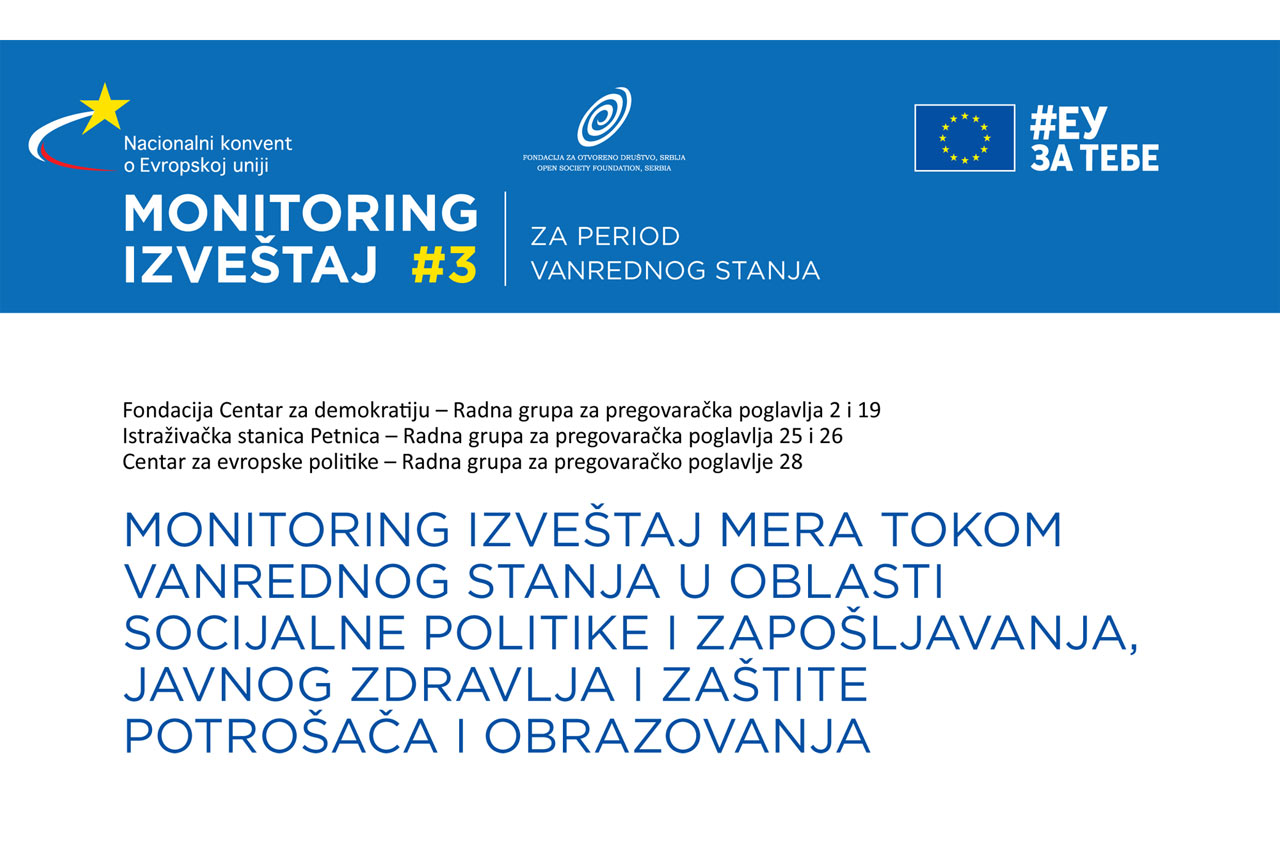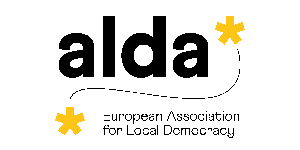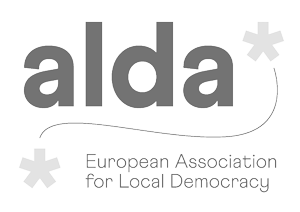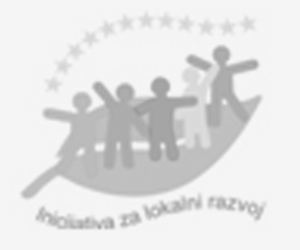Urgent Identification of Measures to Aid Vulnerable Groups Left Unemployed and Incomeless During the State of Emergency
A monitoring report prepared by the National Convention on the European Union (NCEU) was published on measures introduced during the state of emergency in the areas of social policies and employment, public health and consumer protection and education
The National Convention on the European Union (NCEU) published a Monitoring Report on measures introduced during the state of emergency in the areas of social policies and employment, public health and consumer protection and education.
The Center for Democracy Foundation participated in the drafting of this document in the name of the National Convention Working Group - Working Group for the Negotiations of Chapters 2 and 19 - Social Policy and Employment.
During the state of emergency many regulations were adopted which had a direct impact on the employment status, labour rights, employment, social position and overall daily life of the people of the Republic of Serbia. Some decrees directly regulated the way employees work, others had an indirect effect on those employed by certain groups of employers, primarily by regulating restrictions or prohibiting certain economic activities from being performed.
The document provides an overview of measures relevant to the fields of social policy and employment, including the application of measures and their consequences on the labour market and labour and social rights.
For a short time at the start of the state of emergency, those who faced unemployment the most were employed in industries prohibited from working, first and foremost, hospitality and tourism and the personal services sector.
Those hit first were people employed under temporary or occasional employment contracts. The reduced volume of economic activity has particularly affected persons who do not have permanent employment status (i.e. are employed under: a temporary service contract, temporary or occasional employment contract, hired via youth and student cooperatives whose contracts are easily cancelled and these individuals were the first to be hit by employers).
Besides the fact that these people do not have the right to unpaid leave, should they be left jobless, their position is significantly less desirable than those with permanent employment, i.e. they can exercise their rights only through regular litigation, in other words, the employer does not have to initiate the dismissal process. Furthermore, these groups are not included in the protective measures envisaged to provide aid to employers which aims to prevent dismissals, those who are not employed under permanent employment contracts are not taken into account, for example, about 10% of employees who employers can dismiss while still maintaining their right to receive government aid.
As soon as the state of emergency was declared and the work of numerous companies was banned, which immediately brough into question the fates of a large number of the workforce, an emergency session of the Social and Economic Council was called, at the request of the United Branch Trade Union Independence, which recommended the introduction of a moratorium on labour rights status of at least 90 days, the length of time of the state of emergency. On 19 March, this same trade union sent its so-called 10 Questions for the Ministry of Labour, Employment, Veteran and Social Issues. In this initial phase, employees who were required to continue working lacked protective equipment and the fact is that “many companies did not provide masks, gloves and disinfectants in line with the Government Decree on the Organisation of Operations of Employers During the State of Emergency, but also the Law on Safety and Health at Work and the Law on Protection of the Population from Infectious Diseases.
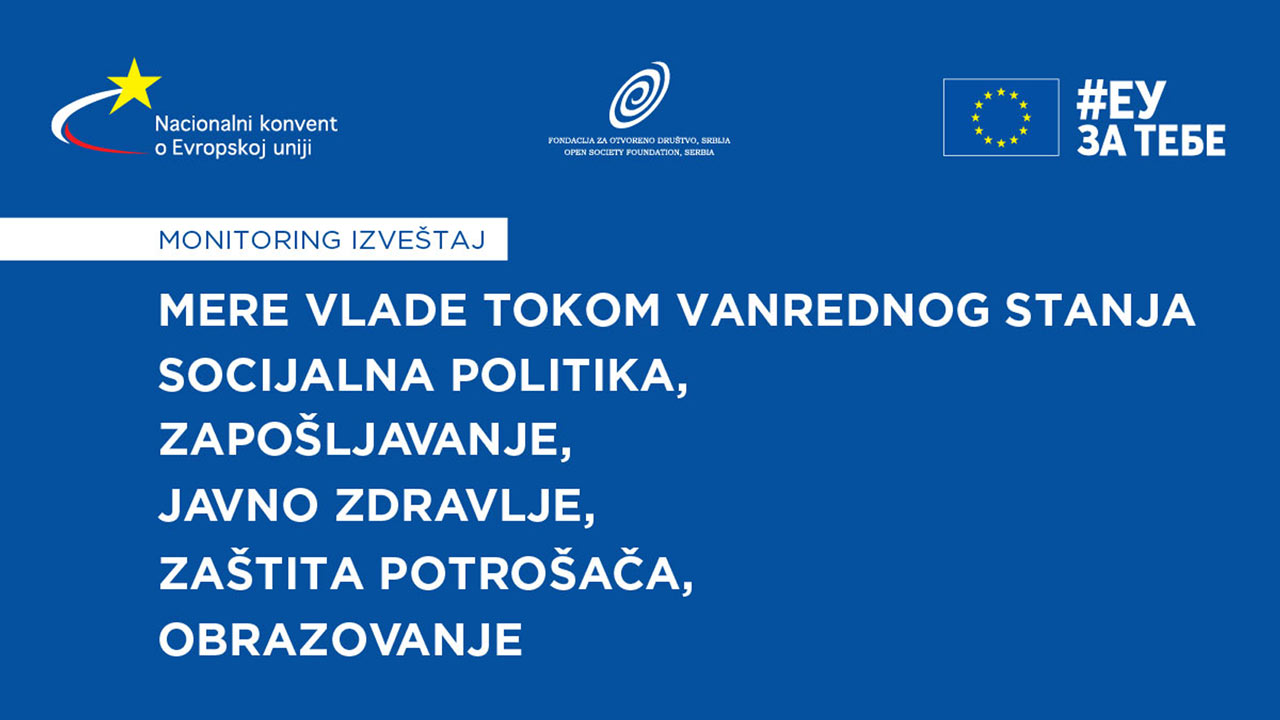
Data on the number of terminated employment contracts, temporary service contracts, i.e. temporary or occasional employment contracts, and other forms of employment directly resulting from the pandemic are still imprecise and often contradictory, as data provided by the National Employment Service show.
According to data provided by the Statistical Office of the Republic of Serbia (RZS), the number of unemployed in Serbia in Q1 of this year, in comparison with Q4 of last year, has dropped by 3,800, however, the number of employed has decreased by 60,800.
In Q4 2019, 2,938,200 employees were recorded, this number dropped to 2,877,400 in Q1 2020. Of the 60,800 employees who were dismissed in the formal and informal sectors, most (51,400) were employed in the informal sector.” Most often, these are precarious workers, those who do not enjoy the most basic of labour rights (social insurance), and who work in conditions in which safety protection measures and OH&S are not upheld. Among these are, for example, collectors of secondary raw materials, and those engaged in the hospitality industry, street vendors, various types of unregistered craftsmen, those who work in activities that are prohibited, or activities that have faced a drastic drop in demand during the state of emergency.
A large number of employees who continued to work in their employers’ premises belonged to the ‘front-liners’ category of workers, “most often these are healthcare workers (51.7%), retail workers (35.8%), those working in hygiene (4%), and with these were those people working in personal grooming, experts and expert associates in various activities, drivers, for instance.”
According to this same research, most of these ‘front-liners’ were women, 86% in fact.
The rest was unregulated and the issue of working outside employers’ premises which, due to the fact that all day-cares and primary schools stopped working, meant taking care of children at the same time.
The pandemic and the measures implemented during the state of emergency had varying effects on particularly vulnerable social groups including those over the age of 65 and especially those living in homes for adults and the elderly, those with disabilities, those who suffer from chronic diseases, autistic persons and persons who live in informal communities without access to drinking water. The measures introduced failed to take the rights and needs of these people into account and the fact that they were adapted during the state of emergency, often led to various interpretations and widespread confusion among the population. The capacities of these institutions to respond to the special requirements arising from the pandemic and the state of emergency, proved to be inadequate.
The document also includes the following recommendations which have emerged as a result the of experience in this area, during the period of the state of emergency, and are:
- Improving social dialogue after the experience of introducing measures during a state of emergency and a package of measures for the economy and the population has proven to be particularly important. Consultations on how measures should have been introduced would have probably served to reduce the number of deficiencies in their design and would have provided for a more selective approach to individual, especially vulnerable and more sensitive, social groups.
- It is necessary that we urgently determine, both in the short and in the middle term, a plan, i.e. aid measures for sensitive groups who have been left unemployed and without a form of income during the state of emergency, and who were not included in the economic and social measures implemented thus far (i.e. such as those without permanent employment status and informal workers).
- Improve the legal framework for work performance carried out outside employers’ premises (teleworking, work from home): the existing legislation has shown itself to be insufficient under pandemic conditions or similar crises which may ensue. Improving the legal framework should be performed through amendments to the Labour Law in line with European standards, and it is necessary to demand that employers regulate their internal acts to incorporate the manner in which work is to be performed outside of their premises.
- The institution of labour obligations must be regulated differently and if possible, through other relevant law, and not as it is now regulated through the Law on Defence and the Law on Military, Labour and Material Obligations.
- It is necessary to improve infrastructural and professional capacities in social protection institutions for the accommodation of beneficiaries and social protection organisations for the provision of home accommodation services, which is based on clearly mapped needs and plans.
- Improving the capacities of the Labour Inspectorate has for years now shown to be a necessity, through new employment, improving the expertise of inspectors, increasing budget funds, but also through more precise regulation of competences, now especially on the basis of experience in terms of labour rights violations which occurred during the state of emergency.
 |
 |
PUBLICATIONS
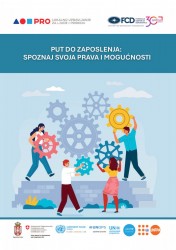 Manual “The Path to Employment: Get to Know Your Rights and Opportunities”
Manual “The Path to Employment: Get to Know Your Rights and Opportunities”
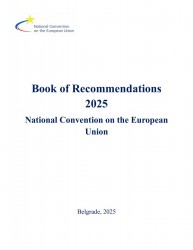 NCEU Book of Recommendations 2025
NCEU Book of Recommendations 2025
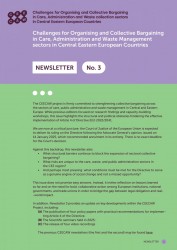 Challenges for Organising and Collective Bargaining in Care, Administration and Waste collection sectors in Central Eastern European Countries
Challenges for Organising and Collective Bargaining in Care, Administration and Waste collection sectors in Central Eastern European Countries
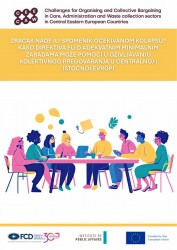 Public Policy Proposals – Collective Bargaining (CEECAW)
Public Policy Proposals – Collective Bargaining (CEECAW)
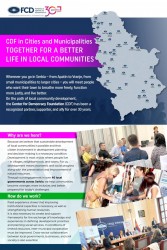 CDF in Cities and Municipalities: Together for a Better Life in Local Communities
CDF in Cities and Municipalities: Together for a Better Life in Local Communities
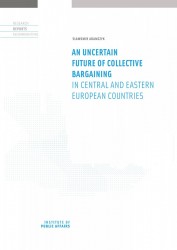 Comparative reports on collective bargaining - CEECAW
Comparative reports on collective bargaining - CEECAW
 POLITEIA – Regional School for Youth Participation 2025 (leaflet)
POLITEIA – Regional School for Youth Participation 2025 (leaflet)
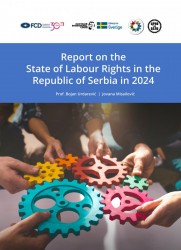 Report on the State of Labour Rights in the Republic of Serbia in 2024
Report on the State of Labour Rights in the Republic of Serbia in 2024
 Unlocking Collective Bargaining Power in Three Sectors: A Call to Action
Unlocking Collective Bargaining Power in Three Sectors: A Call to Action
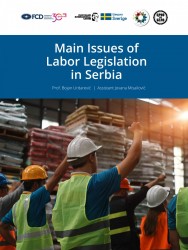 Main Issues of Labor Legislation in Serbia
Main Issues of Labor Legislation in Serbia
 New Monitoring Report by the “SDGs for All” Platform: Is the End Goal in Sight?
New Monitoring Report by the “SDGs for All” Platform: Is the End Goal in Sight?
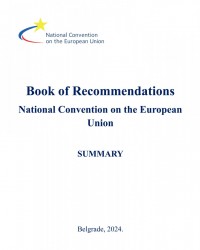 NCEU Book of Recommendations 2024 (Summary)
NCEU Book of Recommendations 2024 (Summary)
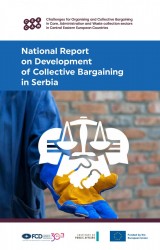 National reports on collective bargaining in Serbia - CEECAW
National reports on collective bargaining in Serbia - CEECAW
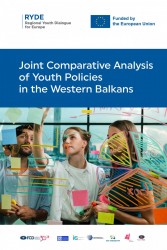 The Comparative Analysis of Youth Policies in the Western Balkans (WB)
The Comparative Analysis of Youth Policies in the Western Balkans (WB)
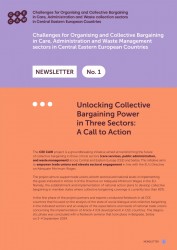 Unlocking Collective Bargaining Power in Three Sectors: A Call to Action
Unlocking Collective Bargaining Power in Three Sectors: A Call to Action
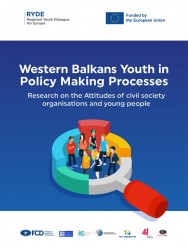 Western Balkans Youth in Policy Making Processes
Western Balkans Youth in Policy Making Processes
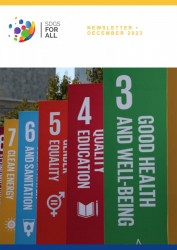 SDGs for All Platform newsletter (December 2023)
SDGs for All Platform newsletter (December 2023)
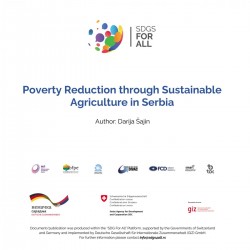 Analysis: Poverty Reduction Through Sustainable Agriculture in Serbia (with Summary)
Analysis: Poverty Reduction Through Sustainable Agriculture in Serbia (with Summary)


